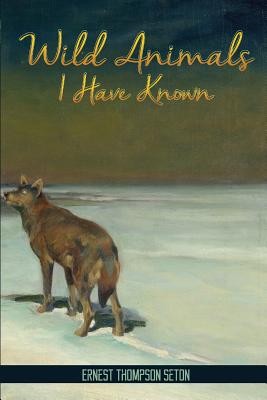
- We will send in 10–14 business days.
- Author: Ernest Seton-Thompson
- Publisher: CreateSpace Independent Publishing Platform
- ISBN-10: 1511773596
- ISBN-13: 9781511773591
- Format: 15.2 x 22.9 x 0.8 cm, minkšti viršeliai
- Language: English
- SAVE -10% with code: EXTRA
Reviews
Description
At about the same time at the great American writer Jack London, English-born Ernest Seton-Thompson was making a name for himself as another of the early originators of the animal fiction genre. Wild Animals I Have Known, published in 1898, is his most famous and popular work and is a collection of short stories that gives animals - including those commonly demonized - humanistic emotions, often sympathetically. This work, along with others like it, set off what would become known as the nature fakers controversy, when leading artists and literary figures - and even President Roosevelt - clashed over "sentimental" depictions of animals.
- Author: Ernest Seton-Thompson
- Publisher: CreateSpace Independent Publishing Platform
- ISBN-10: 1511773596
- ISBN-13: 9781511773591
- Format: 15.2 x 22.9 x 0.8 cm, minkšti viršeliai
- Language: English English
At about the same time at the great American writer Jack London, English-born Ernest Seton-Thompson was making a name for himself as another of the early originators of the animal fiction genre. Wild Animals I Have Known, published in 1898, is his most famous and popular work and is a collection of short stories that gives animals - including those commonly demonized - humanistic emotions, often sympathetically. This work, along with others like it, set off what would become known as the nature fakers controversy, when leading artists and literary figures - and even President Roosevelt - clashed over "sentimental" depictions of animals.


Reviews